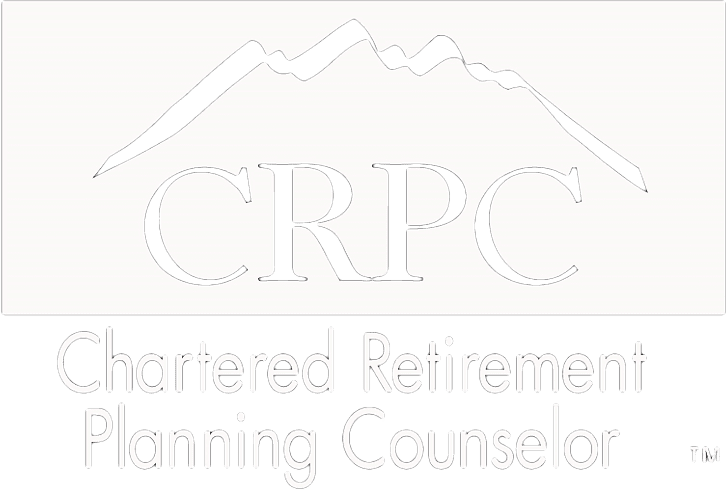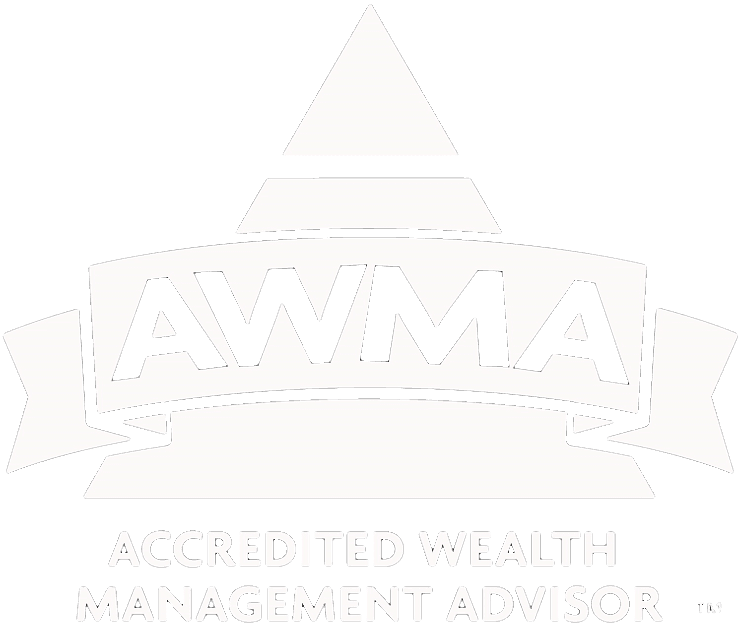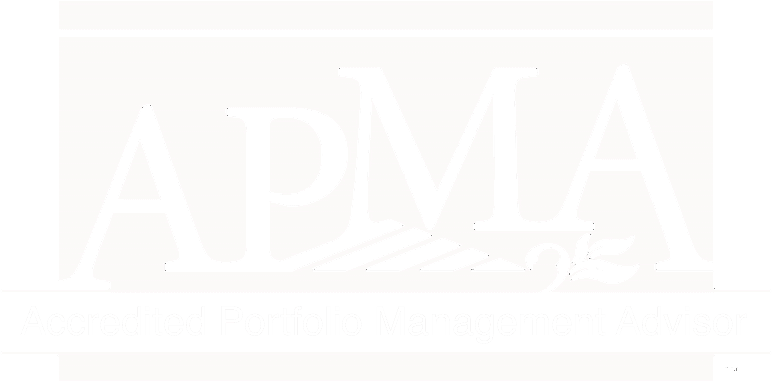
Buying a house is exciting - and stressful. When it comes to purchasing your new home, it’s important to be realistic about what you can expect to pay. Beyond mortgage and insurance, there are additional costs all new homeowners need to factor in to their buying budget.
Here are 10 additional costs and expenses a new homebuyer should be aware of when it comes to purchasing their first or next home.
Cost #1: Property Taxes
Some lenders may roll your property taxes in with your mortgage, meaning they can be easy to forget about. But, you still need to account for them in your budget. Property taxes may be of little concern in some areas, and a huge expense in others. Do some digging into what you can expect to pay when moving to a new area - as this could be a deciding factor when relocating.
In some cases, property owners may be hit with a supplemental property tax bill at the end of their first year of ownership. This would happen if the county determines your house was undervalued at the time of sale and you’re responsible for making up the tax difference in its new appraised value. Many counties will also increase your property tax by a certain percentage each year, so you can probably expect your property taxes to go up every year.
Cost #2: Closing Costs
Closing costs includes a wide range of fees that are paid at the end of a real estate transaction. While this isn’t a comprehensive list, you can expect to pay fees including:
- Cost of inspection
- Lawyer fees
- Recording costs
- Appraisal fees
- Document fees
- Surveyance fee
- Title cost
- Sales brokerage commission
- Mortgage applications
- Home warranty
Make sure to ask your realtor to go over what will be included in the closing costs to avoid any unpleasant surprises. Shop around with different lenders, too, as some may offer zero closing costs. Be careful though, because there may still be some additional fees they do charge, but don't call "closing costs." Ask the lender about all the fees you will be expected to pay and look closely at the disclosures they provide you.
Cost #3: Earnest Money
Almost like a security deposit, earnest money is what you put down upfront before even filling out paperwork - it's meant to prove your seriousness in purchasing the property. Earnest money can run anywhere from a couple of hundred dollars to thousands. Like a security deposit, you will get your earnest money back if the transaction goes through. If you end up backing out of the deal, there’s a chance you may not get that money back. This should be clear in any contract you sign.
Cost #4: Paying for the Escrow
It’s common that buyers will be asked to fund part of their escrow account upfront to cover expenses like property taxes and insurance, as well as escrow fees. Some lenders will require that extra money remains in the account, making escrow an important part of the homebuying budget.
Cost #5: Homeowners Insurance
Similar to property taxes, homeowners insurance may be included in your monthly mortgage rate. And while they may be lumped in with other expenses, it’s important to remember it’s there - and that there’s a possibility it could go up or down depending on your coverage needs.
Cost #6: School Taxes
School taxes will differ depending on the district. If you have school-age children, you may be happy to pay more in school taxes if it means a quality education for your child. If you do not have children in or heading to school, you may want to pay close attention to what school taxes you will be expected to pay. Depending on the area, it could vary quite a bit from district to district. This may be a factor in determining where you’re willing to move.
Cost #7: Interest Rates
Interest rates are almost always unavoidable. But remember, having a good credit rating will likely result in a lower interest rate - which could save you big over time. Some lenders offer lower interest rates, but charge fees (called points) to receive those rates. It's important to compare lenders and their rates and fees.
Cost #8: Moving Costs
Moving vans aren’t cheap - not to mention the boxes, packing supplies, time off work, and labor (if hiring a company). Account for these expenses in your home-buying costs, especially if you’re making a long-distance move. Typically the farther away the move, the more costly it’ll be.
Cost #9: Utilities
Remember to account for what utilities you’ll be paying for, especially if you’re moving into a bigger place:
- Electricity
- Gas
- Sewer
- Water
- Cable & Internet
The installation of these services can start to really add up. Make sure you’re aware of the costs ahead of time.
Cost #10: Home Maintenance and Repairs
Home repairs or renovations are almost inevitable, especially if you are purchasing an older home. If you know you’ll want to get in there and start renovating as soon as you get the keys, you won’t have much time to save after closing the deal. Remember to account for the cost of renovating your new home when building out your budget. If you aren’t planning on doing repairs or renovations right away, start building up an emergency fund to prepare for any unexpected home repair costs later down the line.
It can be stressful adding up the hidden costs of buying a home, but facing the numbers head-on can help you. If you need help preparing for purchasing a home, feel free to...
This content is developed from sources believed to be providing accurate information. The information in this material is not intended as investment, tax, or legal advice. It may not be used for the purpose of avoiding any federal tax penalties. Please consult legal or tax professionals for specific information regarding your individual situation. The opinions expressed and material provided are for general information, and should not be considered a solicitation for the purchase or sale of any security. Digital assets and cryptocurrencies are highly volatile and could present an increased risk to an investors portfolio. The future of digital assets and cryptocurrencies is uncertain and highly speculative and should be considered only by investors willing and able to take on the risk and potentially endure substantial loss. Nothing in this content is to be considered advice to purchase or invest in digital assets or cryptocurrencies.
Enjoying Escient Financial’s Insights?
The weekly newsletter is usually delivered to your email inbox Friday or Saturday, and includes:
- the latest Escient Financial Insights articles
- a brief of the week's important news regarding the markets
- recommended third-party reads
- selected Picture of the Week
Escient Financial does NOT sell subscriber information. Your name, email address, and phone number will be kept private.

